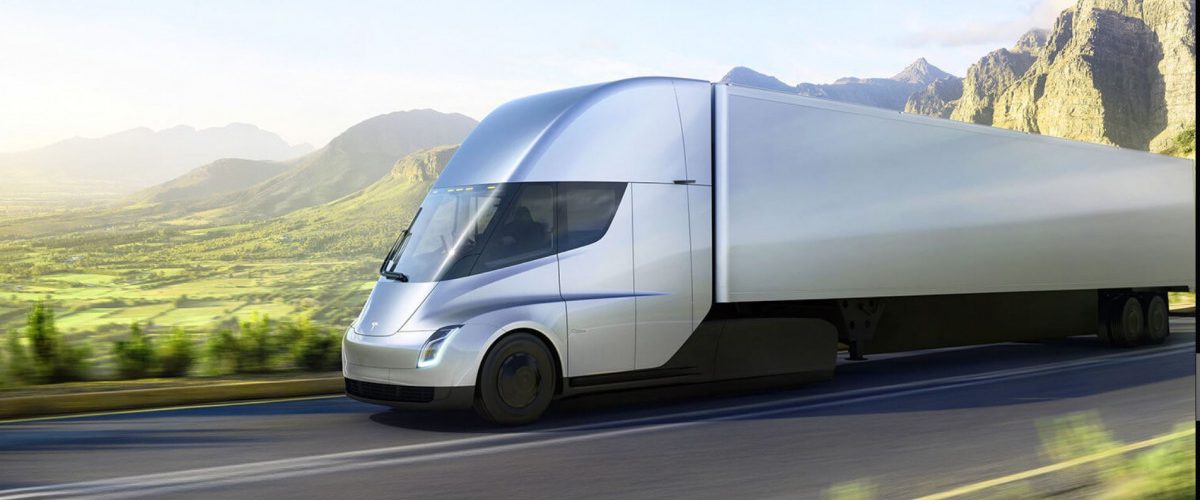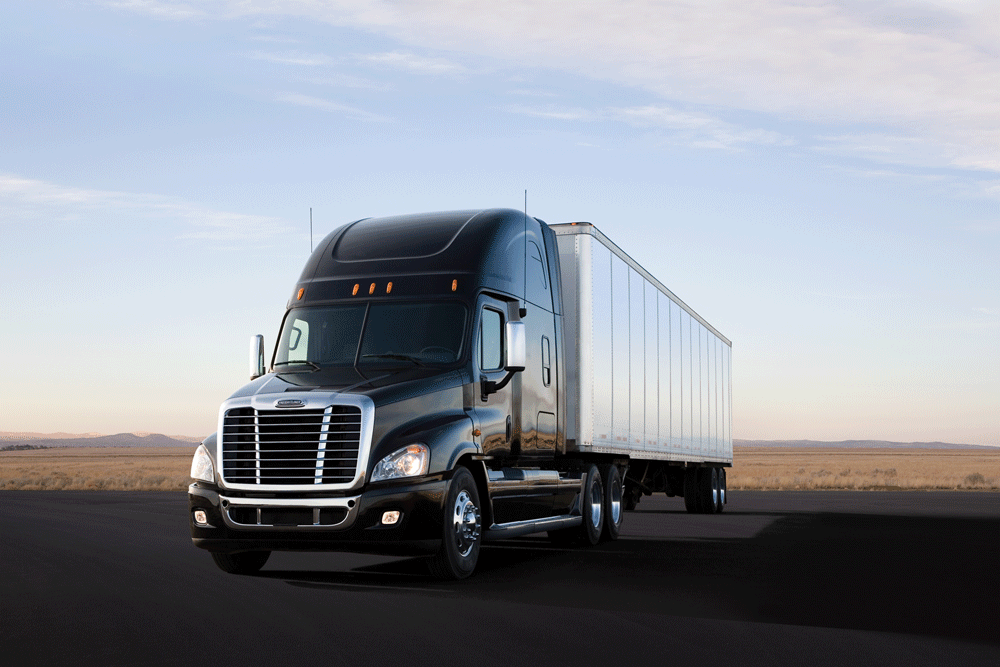
How Electric Vehicle Growth Will Impact the Power Grid
It’s not a question of “if”’ electric trucks will play a big role in fleets; it’s a matter of “when.” There are issues to consider that go beyond the vehicles themselves, including whether utilities are ready for a surge.
No matter whether it’s a car, a bus, or a truck, the talk is all about electrification. The transition to electric vehicles is going to happen, no matter your view of the technology. Considering that, right now, only 1 percent of the cars on the roads in America are electric, it seems as though we have a long, long way to go before we see a significant number of electric vehicles. But that view would be very short-sighted.
OEMs understand that change is coming faster than one might think. On the consumer side, General Motors has stated that its goal is to stop selling gas-powered cars and trucks by 2035. California is looking to phase out sales of new combustion engine vehicles within 15 years. There is every likelihood that, if this happens, other states will follow suit as they have on other emissions standards. OEMs in truck manufacturing are already in production on a range of models for a number of classes.
HDT’s Truckinginfo posted an article in early December on the recent Fleet Forward Conference. Although many issues were discussed, electrification was a major topic. There were some concerns brought up that need to be considered and addressed in order to mitigate any negative impacts fleets might face when transitioning to electric, including:
- Building in-house charging capability
- Utilizing Level 2 AC standard charging or Level 3 DC fast charging (smaller vehicles and local routes will not require the more expensive Level 3 battery chargers)
- Difference in temperature (colder temperature slows down charging)
- Training drivers and technicians in the new technology
Though all of these issues are vital and need to be addressed individually, none will matter if a surge in electric vehicles leads to constant surges in electric power.
Are we looking at grid overload?
Obviously, every add-on to the grid will need additional power and many of us have experienced brownouts and blackouts due to power surges. However, since we are still likely at least a decade away from a significant surge of EVs, utilities have time to make the adjustments. An article in Wired noted that until 15 percent of the vehicles on the road go electric, there won’t be a significant impact on the electrical grid.
Utilities may use the power of the purse to change charging habits, incentivizing drivers to charge at off-peak times. These times will vary depending on where you are. In many parts of the country, EV owners (consumers or fleet owners) would be better charging overnight, when usage is at its lowest. But if your utility relies on solar power, as in California, nighttime charging by every EV could overload a system reliant on daylight to power up. The New York Times found that “Southern California Edison, which operates outside Los Angeles, offers electric vehicle owners drastically cheaper rates if they charge during the day, when solar power is abundant.”
For fleets that cross state lines, this can prove challenging when it comes to budgeting for fuel costs. As attendees at the Fleet Forward Conference were told, “There are 3,300 utilities in this country, and each has a slightly different rate structure, time-of-use rates, and demand charges.” Fleets will need to assess where and at what times charging is most cost-efficient. This will demand greater oversight from fleet managers and finance staff.
As I noted above, though, utilities have time to adjust. A McKinsey & Company study found that since the projected growth in the EV market is not expected to drive an immediate or substantial increase in the total electrical-grid power demand. For fleets, now is the time to start your research and planning.

About Jane Clark
Jane Clark is Vice President of Member Services for NationaLease. Before joining the full service truck leasing organization, she served in executive positions with some of the nation’s top staffing and recruitment agencies.




